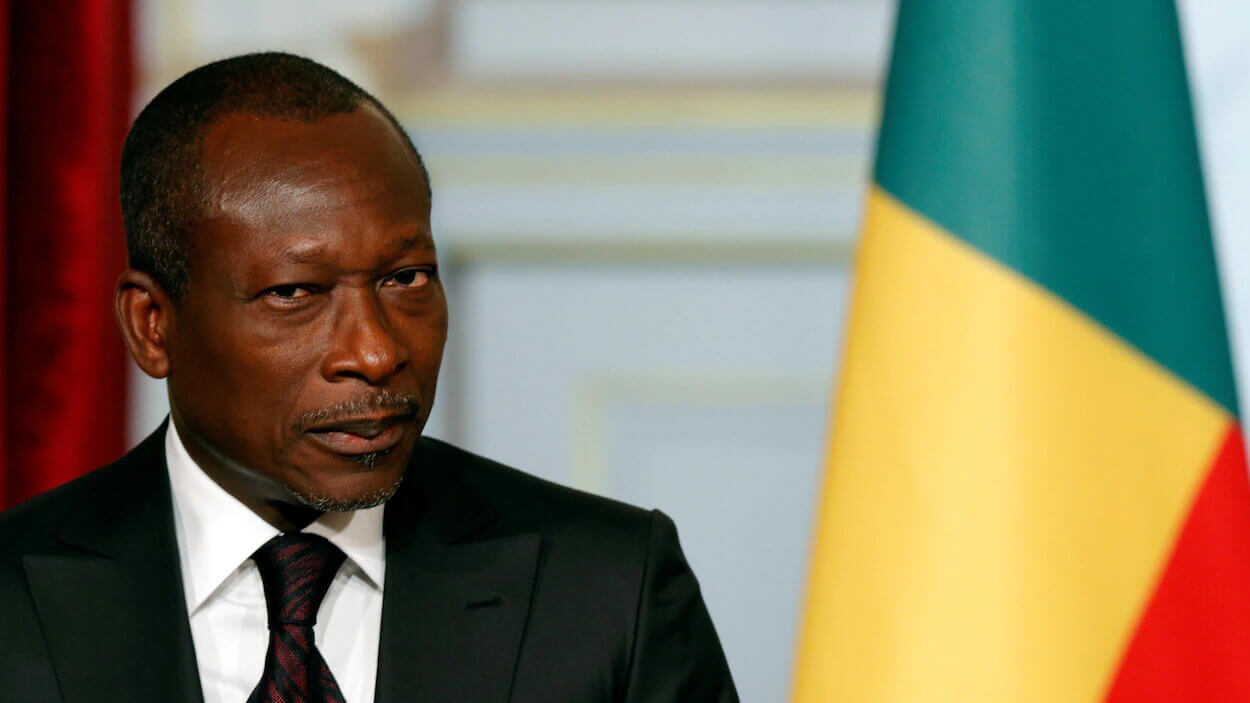On Tuesday, the Vice President of Benin’s Autonomous National Electoral Commission (CENA), Geneviève Boko Nadjo, announced that President Patrice Talon secured re-election with 86% of the votes. The election, however, was marred with controversy due to low voter turnout, which has been recorded at 50.17%, and the fact that several opposition politicians have either been exiled, disqualified through arbitrary electoral reforms, been placed under investigation by special courts, or boycotted the election of their own will due to concerns over its legitimacy.
This allowed Talon to secure a landslide victory over Alassane Soumanou, who won 11.3% of votes, and Corentin Kohou, who won 2.3% of votes. The results must now be certified by the Constitutional Court, which is all but a formality.
It is thought that voter turnout was low due to the public’s lack of confidence that their vote would actually matter in what appeared to be a forgone conclusion. Moreover, polling stations were closed in 16 out of the country’s 546 districts due to security risks in the northern and central regions, which could have disincentivised some voters from travelling further to cast their ballots.
Talon was first elected into power in 2016. In 2017, he failed in his bid to lower the current presidential term limit of two five-year terms to one six-year term, arguing that multiple terms facilitate “complacency”. However, it is unclear whether Talon would have adhered to his own proposal even it had been successful, given that once lawmakers shot it down, he declared that he required another term to cement the progress made under his first term.
The president has also significantly escalated political suppression and in 2019 effectively disqualified all opposition parties from running in the country’s national assembly election by introducing a 1,500% increase in the fees candidates must pay to run in parliamentary elections and another rule that stipulates that parties “with less than 10 percent of the national vote could not enter parliament”. While this did not outright and explicitly target opposition parties, it nonetheless achieved its objective, as Talon and his allies now hold all 83 seats in the parliament.
Therefore, it comes as no surprise that opposition candidate Soumanou has alleged that Talon indulged in “ballot box stuffing” during the election. However, government spokesperson Alain Orounla has dismissed these claims, saying, “The goal (of Soumanou) was really to discredit the electoral process after failing in their project of destabilization of the country.” Orounla also vowed to prosecute anyone who made such claims.
Against this backdrop, there was an outpouring of public discontent that manifested itself in the form of protests in various regions of the country, many of which turned violent. In fact, a number of election observers told Agence France Presse that voters were being “threatened, harassed, and intimidated”. It is thought that a number of people died at the hands of the security forces during these protests; the death toll has not been confirmed as of yet, though it has been reported that at least two civilians were killed and a further five were injured.
These events represent a concerning slide to authoritarianism, as evidenced by the fact that US research organisation Freedom House demoted the country from “free” to “partly free” in its 2020 report due to “a new electoral code and a series of decisions by the courts, electoral authorities, and the government resulted in the exclusion of all opposition parties from the April 2019 parliamentary elections.” The report further notes the use of internet shutdowns to silence criticism of the government, the use of arbitrary and excessive force by security forces against protesters, and the persecution of journalists.
Unfortunately, as Foreign Policy’s Tim Hirschel-Burns argues, the controversial nature surrounding democratic backsliding in Benin is unlikely to be challenged by foreign actors due to the economic importance the country holds. A former cotton magnate, Talon has built favourable relations with foreign investors, and increased the production of valuable agricultural commodities. In fact, under his rule, in 2018, Benin became the biggest producer of cotton in West Africa. His economic savvy has contributed greatly towards Benin’s credit rating being upgraded and it avoiding the crippling debt that is seen in several of its African neighbours.
Hence, criticism of Talon is unlikely to spread beyond the borders of Benin, and in the absence of foreign pressure, the president is likely to consolidate his power even further and undermine the democratic institutions of the country.
Benin President Talon Re-Elected Via Landslide Despite Pushing for One-Term Limit
Voter turnout was low due to the public’s lack of confidence that their vote would actually matter in what appeared to be a forgone conclusion.
April 15, 2021

Beninese President Patrice Talon SOURCE: PHILIPPE WOJAZER / REUTERS
